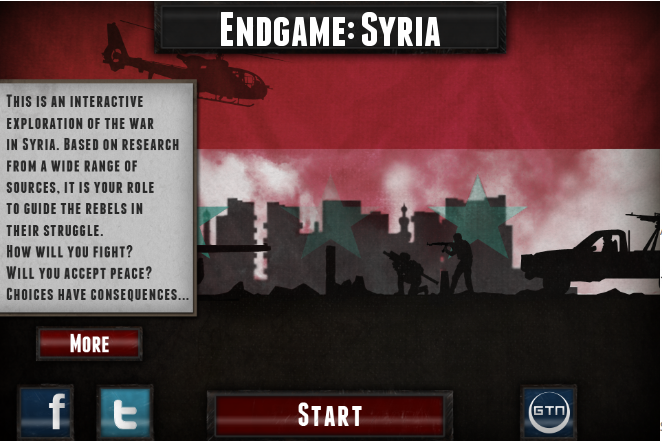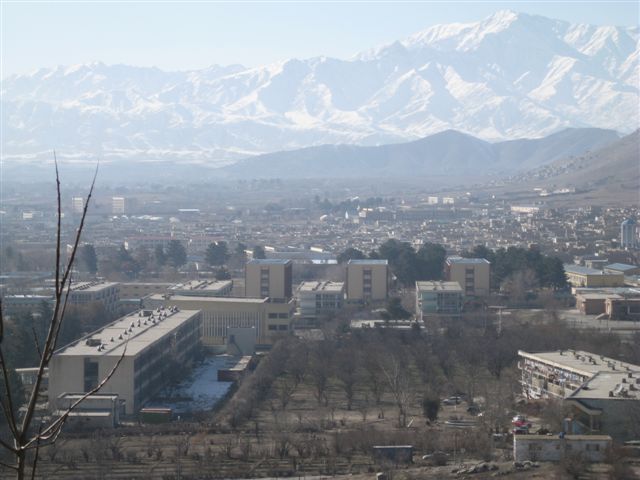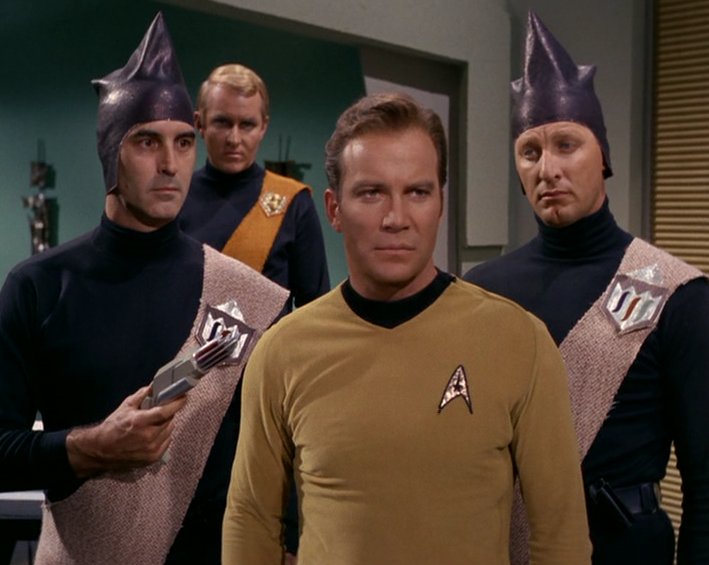
I was struck by this recent story about Apple rejecting a proposed iOS game called Syria: Endgame. From the game’s description on GameTheNews:
“Developed in around two weeks, the game allows users to explore the options open to the Syrian rebels as they push the conflict to its endgame. Each choice the user makes has consequences – the types of military units you may deploy, the political paths you choose to tread. Not only does each choice impact the current situation but your choices may also impact the final outcome. Users can play and replay events to see how different choices on the ground might lead to different outcomes.”
There is also a chance to sample the game.
This brings up a couple of thoughts and questions:
- The game is meant to approximate “real life.” Why would this approximation yield satisfaction to players? Is it because they want to learn how to be better rebels?
- The game was developed in two weeks! If this kind of technology — where news aggregation can be translated into artificial intelligence and then repackaged into a real-time civil war simulation — proves valuable, it opens a host of new opportunities for rebel groups and opposition movements in general. I’ve discussed before the inherent difficulties of strategic planning facing non-state actors: they rarely have the time, resources, manpower, or space available for realistic simulations. But if games like Endgame:Syria become more ubiquitous and speak to ongoing civil conflicts, simulations may eventually prove to be ample substitutes for real war games.
- If the latter hypothetical were to come true, then here’s an interesting research question: does war-gaming improve rebel performance in civil war? Governments certainly seem to think that war games help their own forces’ military performance. But it remains to be seen whether this perception would extend to rebel military performance. My hunch is that this would be largely contingent on the level of coordination and organizational discipline within the rebel group — which is noticeably lacking in Syria. But where rebel groups are well-organized, easily accessible tools like this may provide opportunities for more strategic (rather than just tactical) approaches to fighting. I can see why Apple would be dubious of approving the game.
- Apple rejected Endgame: Syria. Is this because of technical specification problems, or because they do not want to put their brand behind something that trains people to be better rebels? If the former, then the rejection’s not a very interesting story. But if it’s the latter, here is an interesting example of a powerful corporation anticipating a moral hazard down the line.






0 comments
5. If the rebels model their strategy on the game and then get slaughtered, can they sue the company?
While Syria: Endgame has some value as an educational or consciousness-raising tool, it’s really not the sort of wargame that offers either great insight into insurgent operations or the particular political challenges facing the Syrian opposition. Syrian insurgents with a lot of time on their hands would be better off dusting off a copy of say, Advanced Squad Leader (boardgame) or Arma 2 (digital) is they wanted to improve their battlefield performance, and one of these (http://www.boardgamegeek.com/geeklist/6478/insurgency-and-terrorism) if they wanted to get a sense of how insurgencies develop at the operational and strategic levels.
I’m not sure it would be more effective, however, than a good sand table discussion (http://paxsims.wordpress.com/2012/11/30/syrian-rebels-sand-table-their-assault-plans/) and proper after action reviews (both of which do take place).
As for the use of crisis/political simulation by non-state armed groups as a way of refining strategy, this is rare, but happens (indeed, I’ve attended some).
I’m not quite sure what you mean, incidentally, by “simulations may eventually prove to be ample substitutes for real war games.” Real war games are almost always simulations, unless they are scripted training exercises. Do you mean field exercises vs digital simulations?
Super helpful note, Rex. On your last point, which is well-taken, I did indeed mean to distinguish between field vs. digital exercises.
This is a typical product that shows us just how much we could do with gaming but don’t.
We know how the armed forces do training: lecture, field exercise or simulation, debrief. We also know this works. Some new community colleges have actually been physically set up to facilitate just a sequence and that works too. What hasn’t been done is to concentrate resources to produce truly good computer simulations of material that can be used effectively in classes. We get stuff like this – which looks like it was put together in 2 weeks – or SimCity or virtual worlds or some such unrealistic tripe.
I use Reacting to the Past games relentlessly in my classes and they work like a charm. Problem = they take to long, they don’t scale well, and you can’t use them effectively off campus. I wish somebody would get a FIPSE grant, get in touch with some professional gamers, and solve this problem. And, no, I’m too busy.